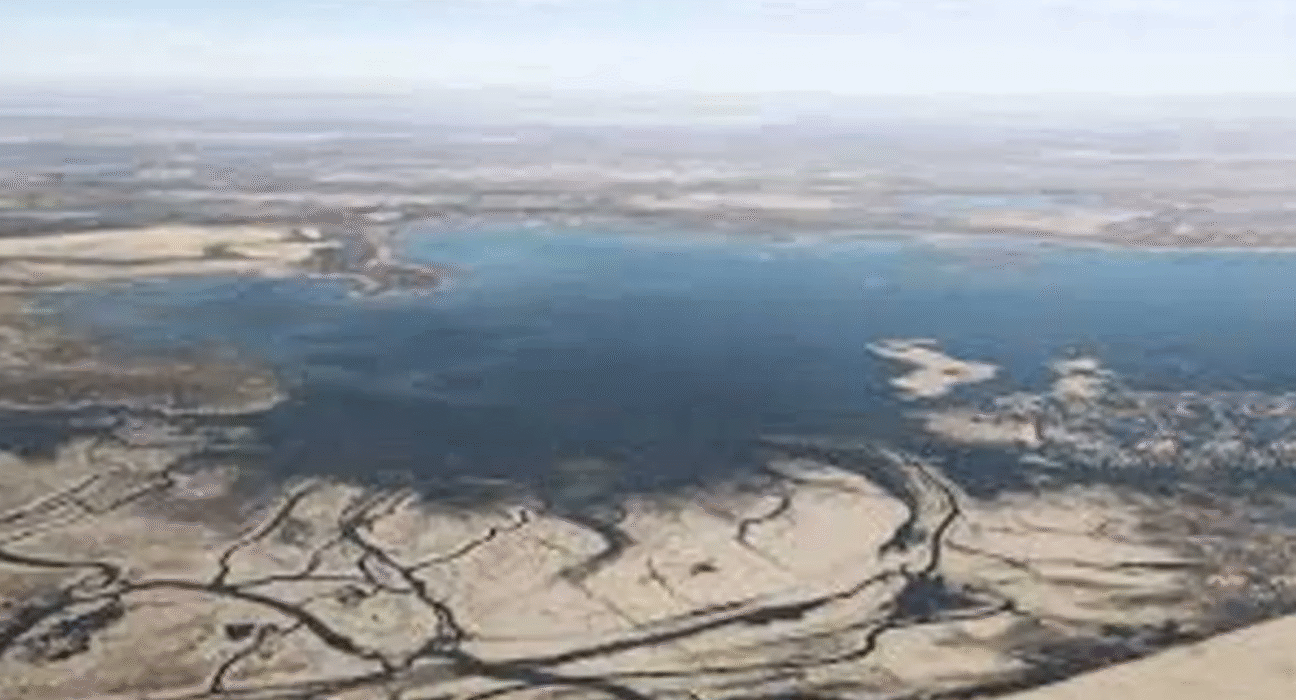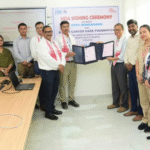President Shavkat Mirziyoyev’s participation in the 80th session of the United Nations General Assembly (UNGA) held significant political and historic significance for Uzbekistan and the entire region.
He addressed critical issues such as sustainable development, climate change, food security, and water resource management. Uzbekistan’s participation solidified its international standing as a proactive and responsible state, showcasing ecological and innovative initiatives in the Aral Sea region.
Uzbekistan’s initiative to transform the Aral Sea region into a hub for sustainable development and innovation has received strong support from international partners, particularly in areas such as green energy, water-saving technologies, ecotourism, and biodiversity restoration. This approach not only addresses regional challenges but also offers an effective model for the international community, as projects implemented in the Aral Sea region can serve as a replicable framework for other areas facing climate change impacts.
On May 18, 2021, Uzbekistan proposed designating the Aral Sea region as a hub for ecological innovations and technologies. This proposal received enthusiastic support from the United Nations and the international community, and was unanimously adopted by all member states during the General Assembly plenary session. This resolution underscores Uzbekistan’s commitment to addressing the Aral Sea crisis and mitigating associated risks through a principled and effective approach.
The Aral Sea disaster, one of the world’s greatest environmental catastrophes, has severely impacted the region’s climate, biodiversity, public health, and economy. The disaster was caused by human intervention, including inefficient water use in irrigation, ineffective irrigation systems, and planning errors. This tragedy highlights the need for efficient use of natural resources, sustainable water supply, and agriculture.
The Aral Sea region faces critical challenges for environmental, social, and economic sustainability in Uzbekistan and the Central Asian region. Environmental security, economic considerations, and social sustainability are key factors. The government of Uzbekistan has been committed to combating the adverse environmental and public health impacts caused by the drying up of the Aral Sea.
To promote sustainable development, the Aral Sea region serves as an international innovation hub. The government has invested heavily in environmental protection, water resource management, agricultural technologies, energy, climate adaptation, and international cooperation. In 2024, a modern laboratory, business accelerator training center, and technopark building were completed and commissioned, valued at 12.4 billion Uzbek soms. The facility is equipped with a plant seed gene bank, which supports biodiversity preservation, conservation, and high-efficiency agricultural practices.
Efforts are underway to commence full-scale operations at the facility, enrich the gene bank with extensive seed collection, organize scientific research, and enhance local specialists’ expertise. This initiative not only supports sustainable agricultural development in Uzbekistan but also contributes to global cooperation and understanding of the environmental crisis.
Source – sarkaritel.com
For more news visit our site: Click here







